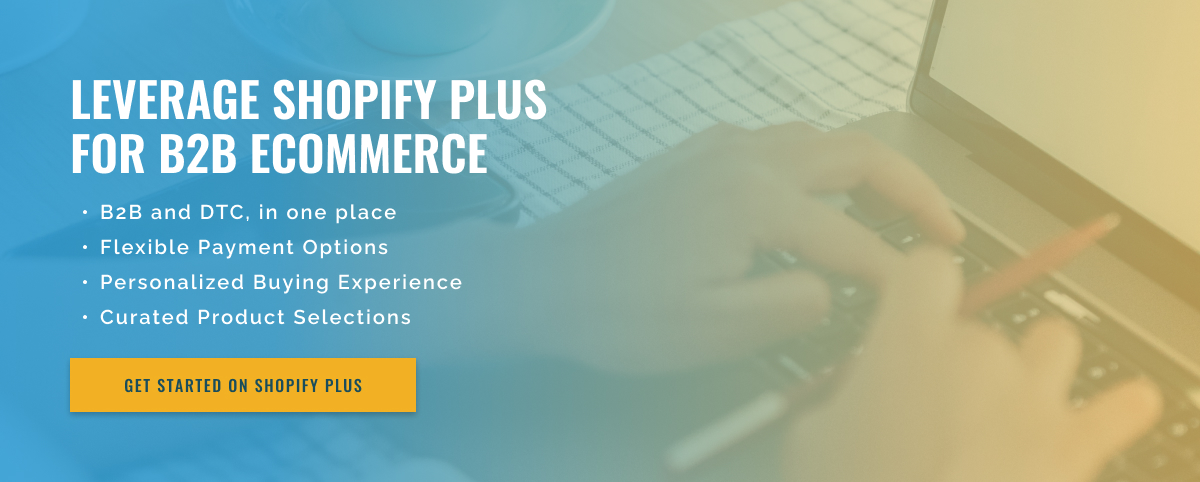3 minute read
B2B Transactions: The Power of Shopify Webhooks
In today’s world of eCommerce, every company, regardless of size, relies heavily on technology to manage and optimize its operations. Shopify, one of the leading eCommerce platforms, has become the first choice for businesses looking to sell their products and services online. What makes Shopify even more attractive is its robust set of features, including webhooks. In this article, we’ll look at how developers use Shopify webhooks to automate real-time data updates for B2B transactions.
First, let’s look at what webhooks are. Simply put, webhooks are automatic messages sent from one application to another when a specific event occurs. For Shopify, webhooks are used to notify external applications or systems of events such as the creation, update, or cancellation of an order. This allows developers to trigger actions in real time, making webhooks an essential automation tool. In B2B transactions, time plays a key role. A delay in updating transaction data can result in lost sales, customer dissatisfaction, and a negative impact on the company’s financial results. This is where Shopify webhooks come into play.
By using webhooks, developers can ensure all B2B transactions are updated in real time, providing companies with accurate and up-to-date information. So how do developers use webhooks to automate real-time data updates for B2B transactions on Shopify?
First, they need to create a webhook endpoint, which is the URL where Shopify will send webhook data. This can be done using the Shopify API or a third-party app that integrates with Shopify. Developers can then configure specific events they want to be notified about via webhooks.
In the case of B2B transactions, these may be events such as the creation, payment, or fulfillment of an order. Whenever one of these events occurs, Shopify sends a request to the webhook endpoint that triggers the requested action.
One of the key benefits of using webhooks in B2B transactions is that developers can customize the actions triggered by an event. For example, after a bulk order is placed, developers can set up webhooks to automatically update order status and keep the customer informed of order progress without manual intervention.
To summarize, Shopify webhooks have become a powerful tool for businesses to automate real-time data updates for B2B transactions. By leveraging this feature, developers can ensure smooth and timely processing of B2B transactions, resulting in increased efficiency.

